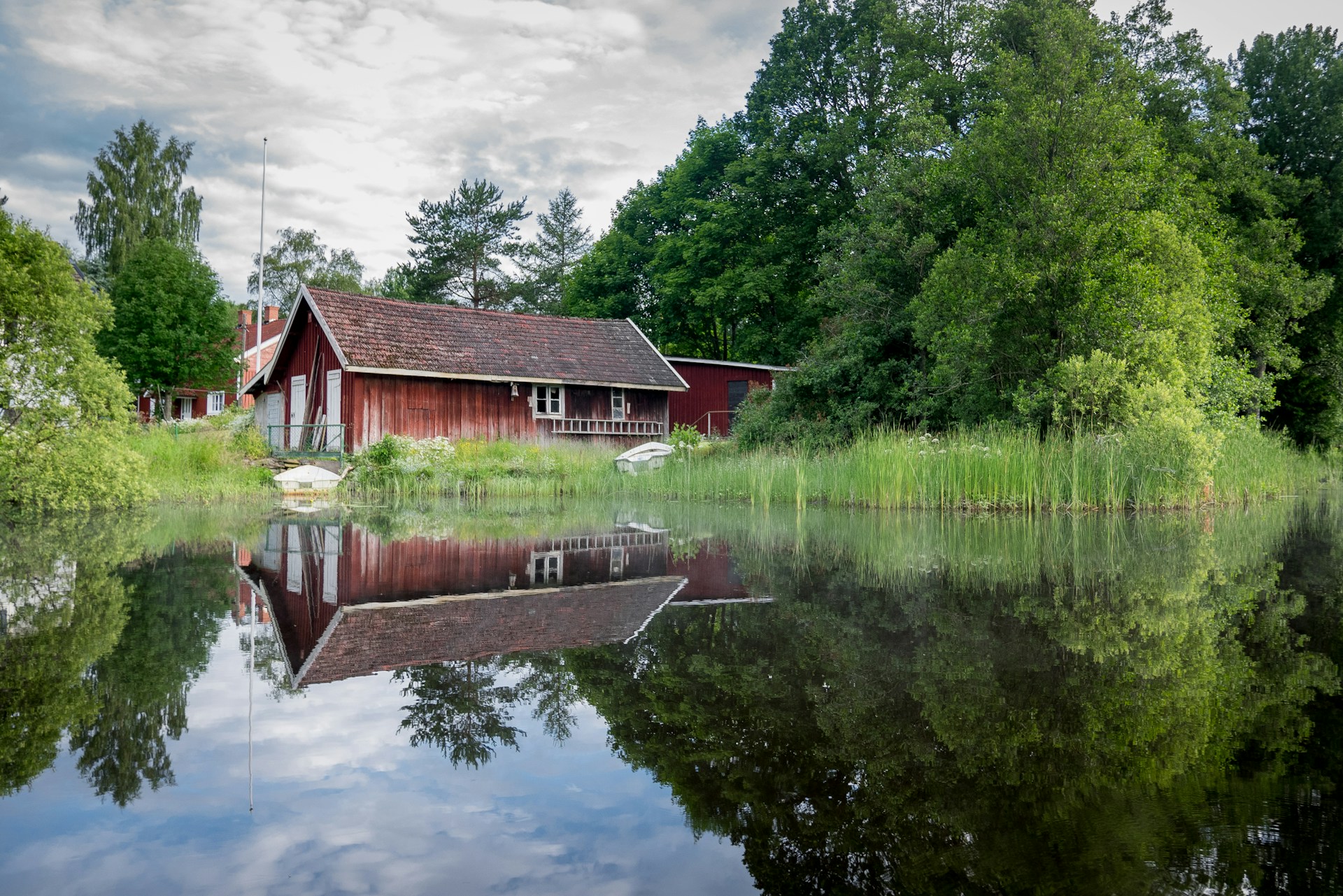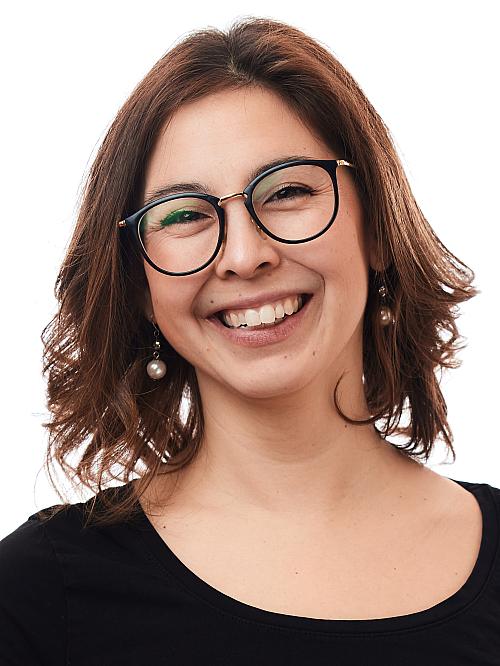Everyday experiences important for family history research
In an era marked by rapid technological advancement and global challenges, the interest in family history research and exploration of the past is more pronounced than ever. A recent dissertation from the School of Education and Communication at Jönköping University delves into three Swedish family history research experiences to understand their pedagogical dimensions and their role as public pedagogical spaces. The findings present a more detailed and multifaceted view of family history research than commonly portrayed.

Exploring a farmhouse linked to one's ancestors provides new opportunities to challenge and expand previous knowledge. Photo: Jon Flobrant on Unsplash.
The dissertation examines three different contexts of family history research: participants' narratives in the TV series "Allt för Sverige," results from genetic family history research conducted by four companies, and participants' experiences in non-formal family history research courses. By applying various theoretical frameworks, the pedagogical potential of these family history research experiences, known as public pedagogical spaces, is demonstrated.
“This dissertation illustrates that family history research is a story of origins and the past, but it is equally about the present and the future. While there are many consumable experiences of family history research, I have focused on three examples, setting this study apart from previous research that has focused on one or provided a more general overview. It is important to understand how the ordinary individual interacts with history, their perspectives, and negotiations,” says Karen Ann Blom, doctoral candidate at the School of Education and Communication.
Physical and emotional places play an important role
The results of the research present a nuanced understanding of how family history research influences family history, historical interest, and participants' family history research experiences. Participants not only view extraordinary results and activities as valuable but also consider everyday experiences meaningful and significant. Both physical and emotional places play an important role in the process.
Exploring, for example, a farmhouse linked to one's ancestors, discovering small details like the number of spoons a relative had according to a will, or analyzing ancestors' movements on a deep map provides new opportunities to challenge and expand previous knowledge. These experiences confirm the broad scope of what can be considered pedagogical within the framework of family history research.
“I confront the assumption that family history researchers most value the connections to effervescent events and individuals and emphasise the weight of significance attributed by participants to banal everyday items and activities contributing to their development of historical consciousness, imagination, and empathy,” says Karen Ann Blom.
A deeper empathy and sense of belonging
Despite our histories being both complex and contradictory, the dissertation shows that participants in family history research projects actively take responsibility for shaping their narratives. This not only leads to a deeper understanding of the past but also to a deeper empathy and sense of belonging with previous generations. At the same time, it underscores the importance for individuals to learn to critically reflect on the information and sources provided to them.
By examining what people learn through family history research and how they reflect on this learning, it can provide a more nuanced understanding of the expansive array of learning opportunities and spaces available outside the classroom and formal educational environments, known as public pedagogy.
Karen Ann Blom defended her dissertation "Ordinary people, meaningful pasts – Negotiating narratives in public pedagogical spaces of family history research" on April 5th.
Opponent was Professor Jerome De Groot from The University of Manchester.
Fact
"Public pedagogy" is a concept aimed at understanding learning and education outside traditional classrooms or formal educational institutions. It concerns how people learn and develop through interactions and experiences in public life, such as through media, popular culture, politics, and social contexts.
Contact
- Affiliated researcher
- School of Education and Communication
- karenann.blom@ju.se
- +4636-101863

